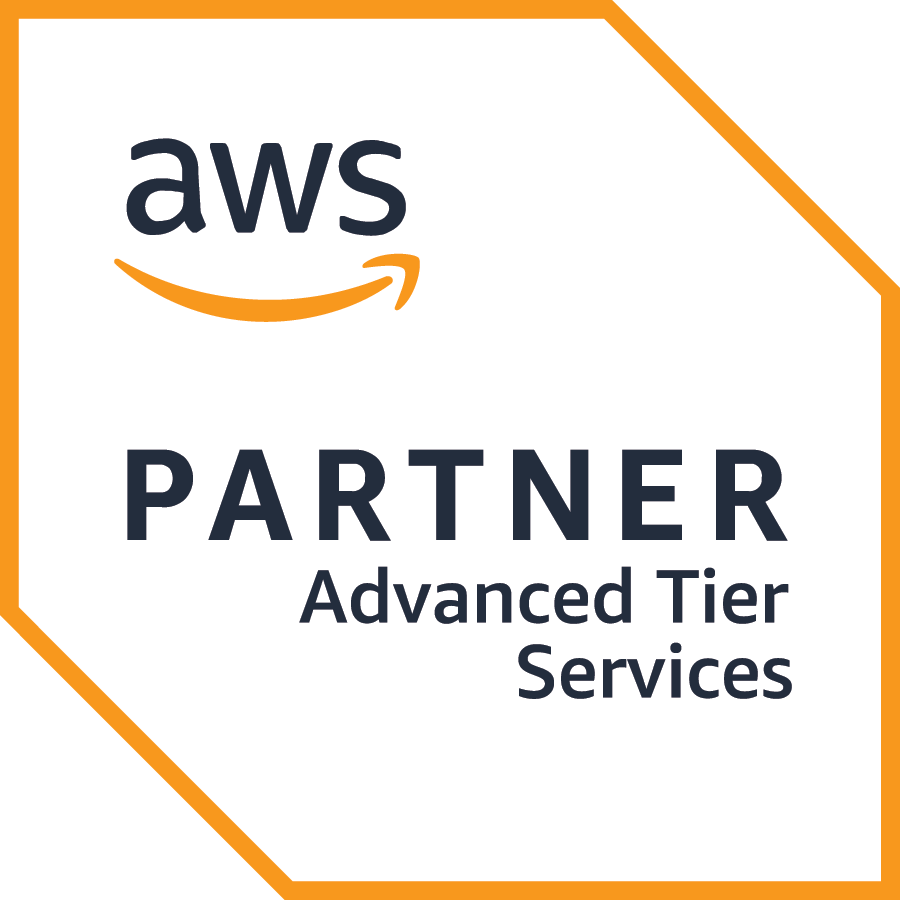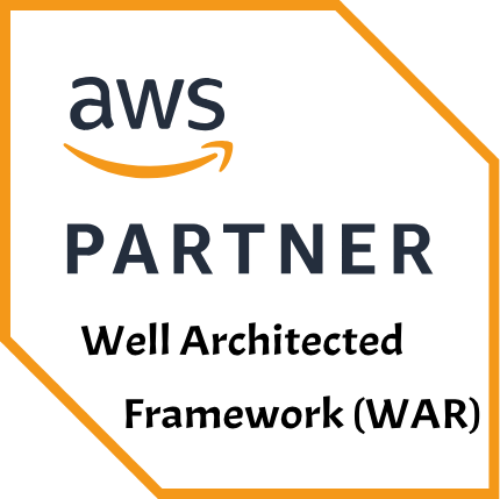AWS Well-Architected Review
Elevate Your Cloud Architecture with Anjana
In the fast-paced world of cloud computing, having a well-architected infrastructure is the key to success. Anjana proudly offers the AWS Well-Architected Framework, a blueprint for building robust, secure, and efficient cloud solutions. With our expertise, you can harness the full potential of Amazon Web Services (AWS) while ensuring your cloud environment aligns perfectly with your business goals.
Experience the Anjana Advantage
By choosing Anjana for your AWS Well-Architected Framework implementation, you’re investing in a partner dedicated to your success. Our commitment to excellence, expertise, and customer-centric approach sets us apart.
Elevate your cloud architecture to new heights with Anjana’s AWS Well-Architected Framework. Contact us today to embark on a journey that ensures your AWS environment is not just well-architected but optimized for peak performance, cost-efficiency, and security. Don’t leave your cloud architecture to chance; trust the experts at Anjana to guide you to success in the cloud era.
Have any Questions? Write us Today!
info@example.com
The Process of AWS Well-Architected Review
Our AWS Architecture review follows a well-defined process to ensure your cloud computing success:
AWS Well-Architected and the Six Pillars Framework Overview
The AWS Well-Architected Framework describes key concepts, design principles, and architectural best practices for designing and running workloads in the cloud. By answering a few foundational questions, learn how well your architecture aligns with cloud best practices and gain guidance for making improvements.
Operational Excellence Pillar
The operational excellence pillar focuses on running and monitoring systems, and continually improving processes and procedures. Key topics include automating changes, responding to events, and defining standards to manage daily operations.
Security Pillar
The security pillar focuses on protecting information and systems. Key topics include confidentiality and integrity of data, managing user permissions, and establishing controls to detect security events.
Reliability Pillar
The reliability pillar focuses on workloads performing their intended functions and how to recover quickly from failure to meet demands. Key topics include distributed system design, recovery planning, and adapting to changing requirements.
Performance Efficiency Pillar
The performance efficiency pillar focuses on structured and streamlined allocation of IT and computing resources. Key topics include selecting resource types and sizes optimized for workload requirements, monitoring performance, and maintaining efficiency as business needs evolve.
Cost Optimization Pillar
The cost optimization pillar focuses on avoiding unnecessary costs. Key topics include understanding spending over time and controlling fund allocation, selecting resources of the right type and quantity, and scaling to meet business needs without overspending.
Sustainability Pillar
The sustainability pillar focuses on minimizing the environmental impacts of running cloud workloads. Key topics include a shared responsibility model for sustainability, understanding impact, and maximizing utilization to minimize required resources and reduce downstream impacts.





